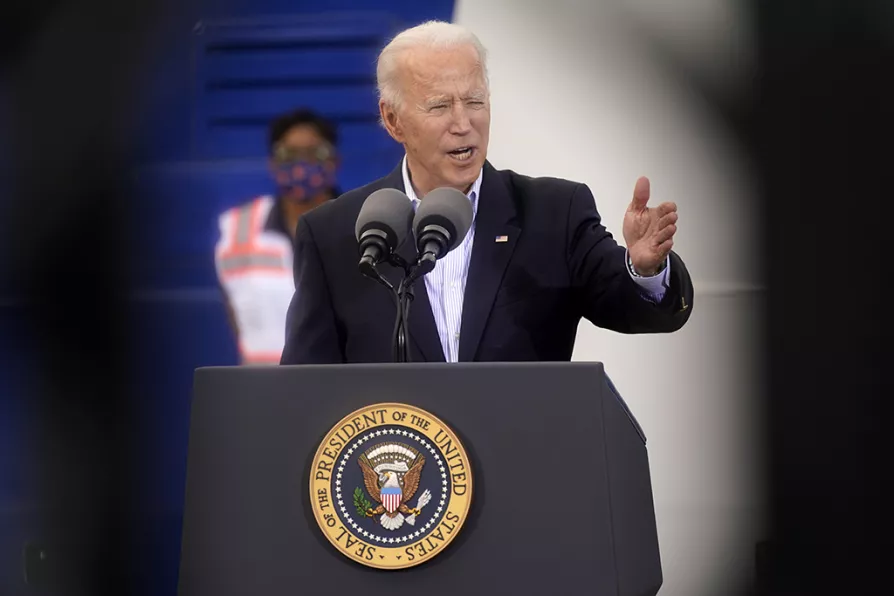John Wojcik pays tribute to a black US activist who spent six decades at the forefront of struggles for voting rights, economic justice and peace – reshaping US politics and inspiring movements worldwide

 US President Joe Biden
US President Joe Biden
THERE was relief around the world when Donald Trump lost the election last year.
His brand of confrontation and disruption and his support for the far right caused fear and loathing around the globe.
He stepped up bombing in Afghanistan, Iraq and Syria, supported Saudi’s war on Yemen and came close to starting new wars with South Korea, Iran and Venezuela. On his watch tensions with China soared.

Trump has changed his tune from the deal-making peace-bringer and is now gearing up to attack Iran. We must take to the streets to keep Britain out of this new madness and all of Israel and the US’s wars, writes LINDSEY GERMAN

Cuba Solidarity Campaign secretary BERNARD REGAN says the inhuman blockade of Cuba not only continues, but the Donald Trump administration is ratcheting up aggression against both Havana and Latin America more widely











